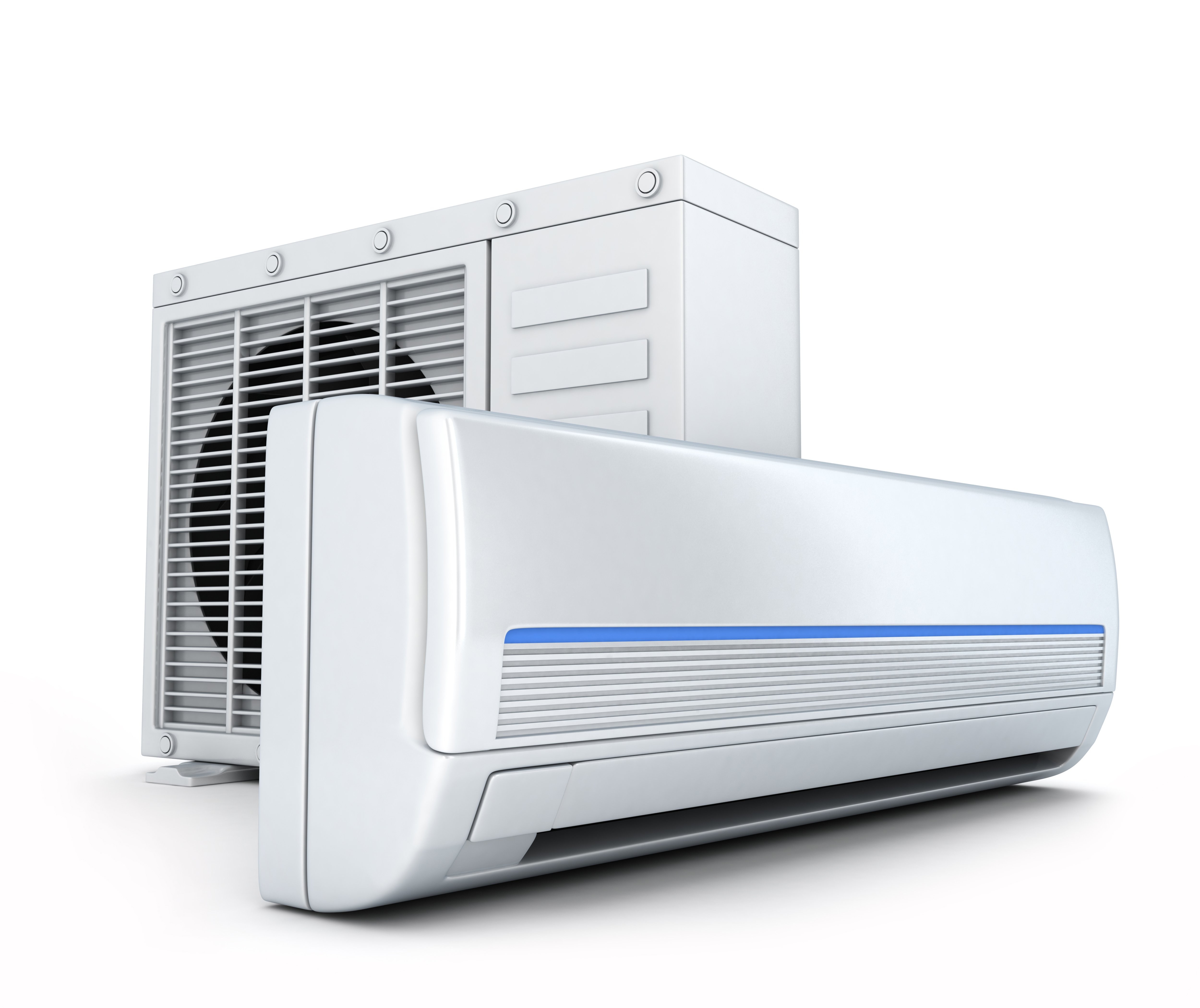When it comes to heating and cooling one's homes, numerous people depend on those HVAC systems without entirely understanding how they work or what best practices to follow. Starting with widespread misconceptions about energy efficiency to the latest innovations in HVAC technology, there's a wealth of information that can help homeowners form smarter choices. Regrettably, myths can often hinder our judgment, leading to poor decisions that may affect both convenience and expenses.
This article aims to debunk some of the most prevalent HVAC myths, providing you with the necessary knowledge you need to keep your home comfortable year-round. If you're a first-time homeowner or an experienced resident looking to improve your heating and cooling systems, our comprehensive guide will cover everything from fundamental HVAC principles to useful maintenance tips and energy-saving strategies. Understanding your HVAC system is crucial not only for immediate comfort but also for long-term savings and efficiency.
Grasping Heating, Ventilation, and Air Conditioning Technologies
HVAC stands for Heating, Ventilation, and Air Conditioning, representing specific systems that work together. It integrates various systems that work in unison to provide a comfortable environment and maintain the quality of indoor air in home, business, and industrial spaces. Comprehending HVAC technologies involves knowing how each component functions and how they interact with one another to create a comfortable space for occupants.
The heating aspect of HVAC technologies typically includes furnaces or boilers that generate warmth through various fuel sources, like natural gas, oil, or electricity. Cooling systems, on the other hand, cool the air during warmer months using refrigerants to capture and release heat, effectively lowering indoor temperatures. Ventilation is crucial for ensuring a steady flow of clean air and removing indoor pollutants, contributing to a more pleasant atmosphere.
To keep HVAC technologies running efficiently, regular maintenance is important. This includes routine check-ups and cleaning, replacing filters, and ensuring that all components are functioning properly. An understanding of HVAC technologies is key for property owners and business owners alike, as it allows them to make educated decisions about installations, repairs, and upgrades, ultimately leading to increased efficiency and improved comfort.
Common HVAC Issues and Fixes
One of the most common HVAC problems homeowners face is a lack of airflow. This can frequently be due to unsanitary air filters or blocked ducts. A dirty filter restricts airflow, making your system operate less efficiently and with reduced effectiveness. To address this, examine and swap your air filters periodically, ideally every one to 3 months. Additionally, ensure that all vents are open and that there is no clutter in your ductwork. Regular maintenance can eliminate airflow problems, keeping your home pleasant year-round.
Another typical problem is an variable temperature throughout your home. This issue can occur from a variety of factors including poor insulation, duct leaks, or issues with the thermostat in general. If certain rooms are significantly more heated or less heated, examine the insulation and make sure that your ducts are tight and in working condition. Occasionally, just adjusting your thermostat or replacing it with a programmable thermostat can help. air conditioning service can help distribute air more evenly, ensuring a agreeable environment in each space.
Finally, strange noises coming from your HVAC system can indicate various issues. Rattling, knocking, or whooshing sounds may imply loose components or airflow restrictions. If you notice any unusual sounds, it is crucial to look for unsecured panels or debris in the system. If the noises continue, call a professional to diagnose and fix the problem before it grows into a more serious issue, potentially shielding you from costly repairs. Routine inspections and attention to minor signs can greatly increase the life of your HVAC system.
Heating and Cooling Efficiency and Care Guidelines
To ensure your HVAC system runs effectively, routine maintenance is essential. Start with changing the air filters every 1-3 months, depending on utilization and the kind of filter. A clean filter boosts airflow and indoor air quality, which helps your system operate effectively while also lowering energy consumption. Additionally, ensure my website of debris, such as foliage and dirt, as this can block airflow and hinder the system's efficiency.

Organizing periodic tune-ups can significantly lengthen the life of your system and boost its energy efficiency. During these checks, a professional can service the coils, inspect refrigerant levels, and inspect other components to identify potential issues before they escalate. Consistent maintenance not only aids prevent costly repairs but also guarantees that your system is functioning at optimal performance, resulting in reduced utility bills.
Using a smart thermostat is another great way to improve energy efficiency in your home. Smart thermostats allow you to set temperature settings based on your schedule, ensuring that your HVAC system isn’t overworking when you are away. Moreover, many smart thermostats can adapt to your habits over time and adjust accordingly, optimizing comfort and energy use, and facilitating easier to maintain an energy-efficient home environment throughout the year.
